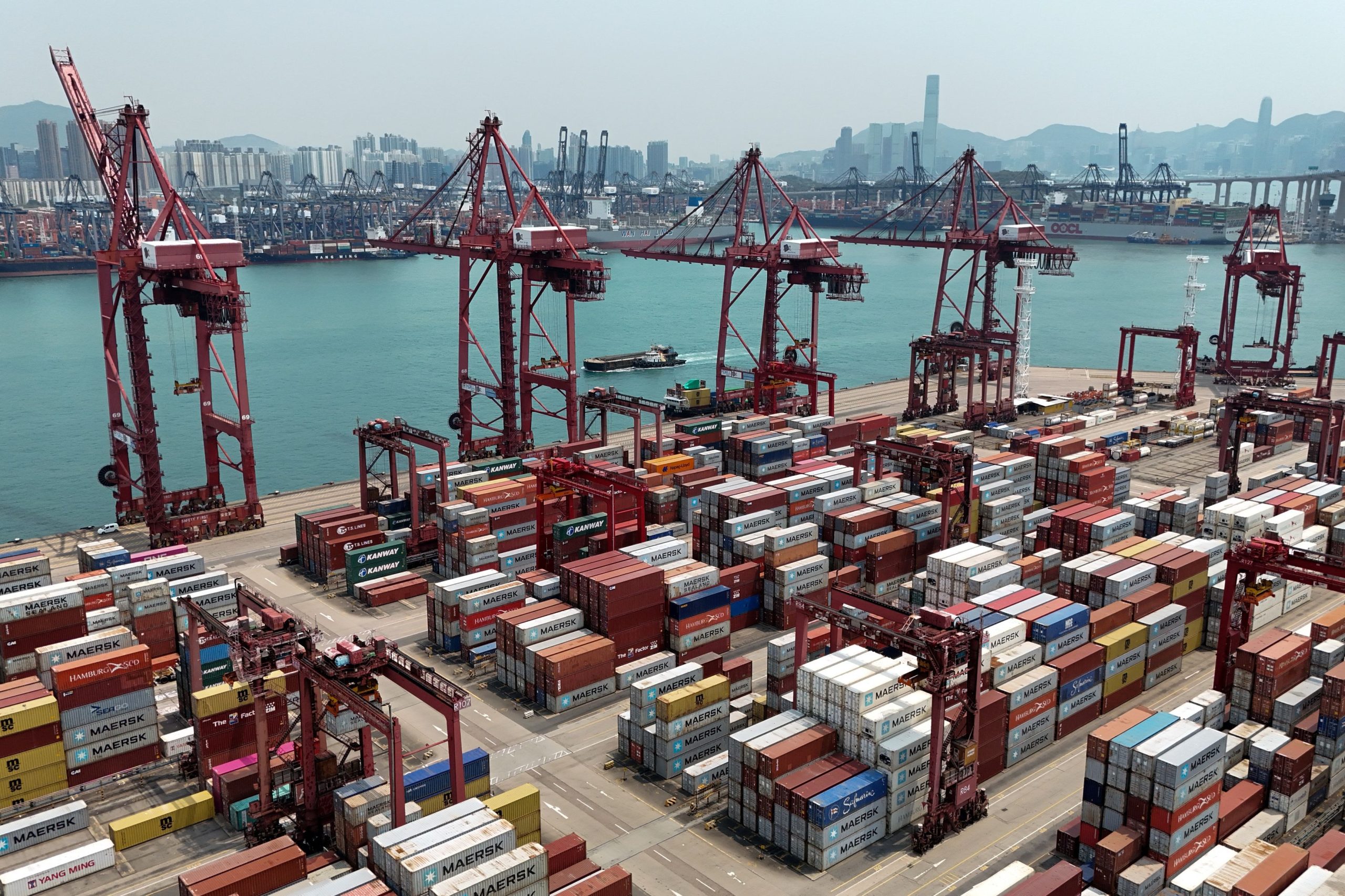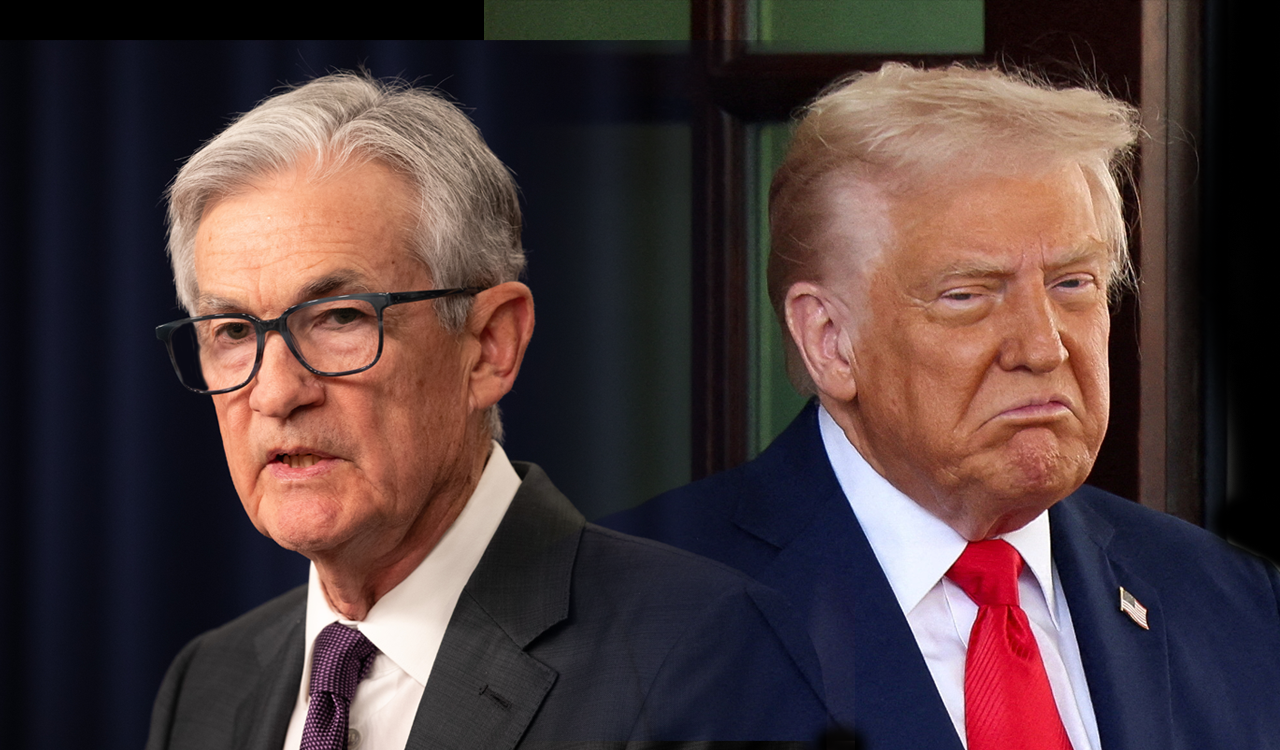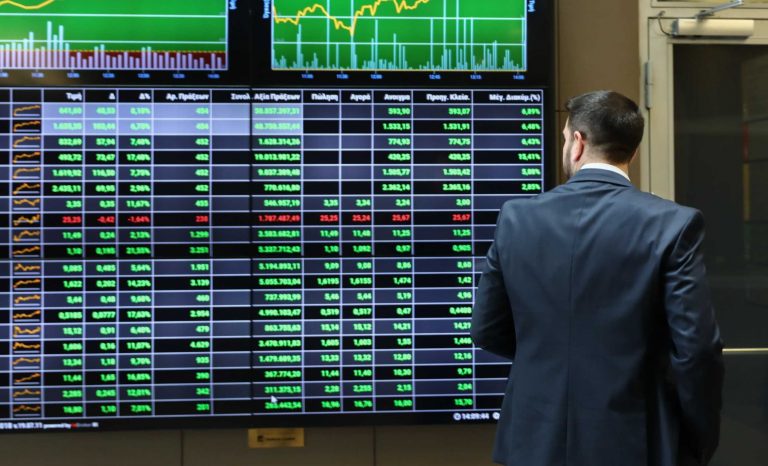SYRIZA party president and former prime minister (2015-2019) Alexis Tsipras, appeared at the customary press brief allocated to the country’s main opposition leader during the second and last weekend of the annual Thessaloniki International Fair (TIF), which comes exactly one week after a similar Q&A by the Greek prime minister.
Asked where a second SYRIZA stint in power, if the leftist party comes in “first past the poll” in the next general election and forms a government, will find the money to finance the various measures and spending hikes he announced a day earlier, during an address before a TIF audience, he mostly pointed to an approved post-pandemic EU recovery fund and near sub-zero rates with which Greece has been borrowing for the past year and a half.
“There’s an opportunity to support the economy without the suffocating pressure of surpluses and the Stability Pact and because our country is borrowing cheaply, as well as because of the Recovery Fund…We must not miss this opportunity…at some point budget constraints will return and then things will be more difficult” he added.
In answering a question over his past government’s policies via Greece’s middle classes, a nagging, recurring and sharp criticism of a veritable “tax safari” released after 2016 in order to meeting third bailout memorandum goals that Tsipras and his ministers signed up to meet, he admitted that “…we had to burden the middle class during our tenure…It was not our choice, it was a national need exit the memorandums and settle the debt …We left 37 billion euros in the public coffers. What is Mr. Mitsotakis’ government leaving? Merely debts and nothing else.”
The reply was both defensive and a counter-attack, pointing to a ballooning national debt for the country over the past year and a half, borrowing and spending, however, in large part due to the consequences and damages to the economy by the Covid-19 pandemic.
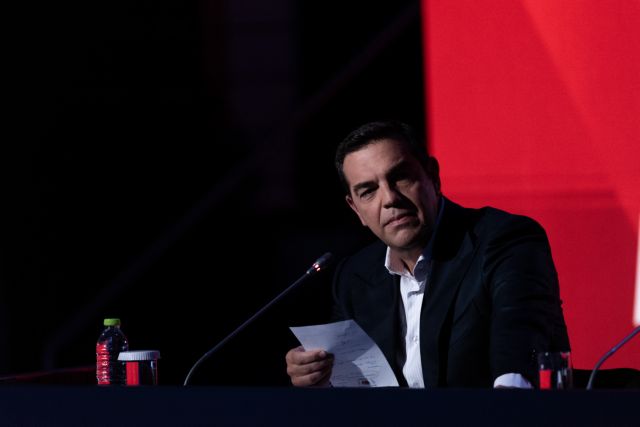
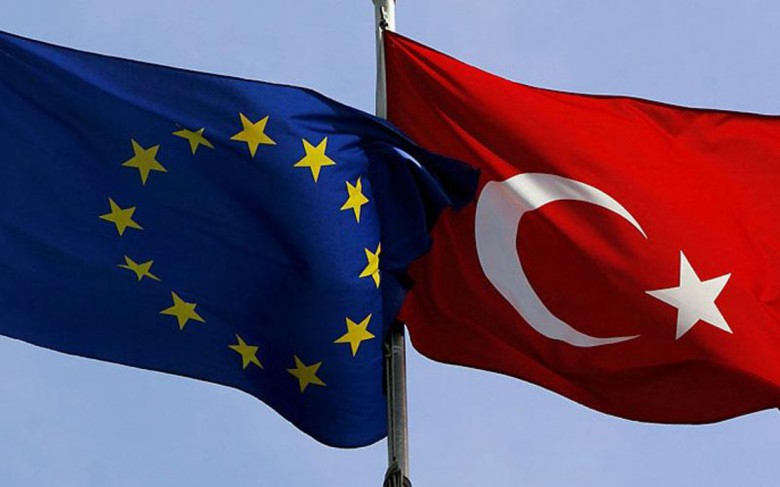


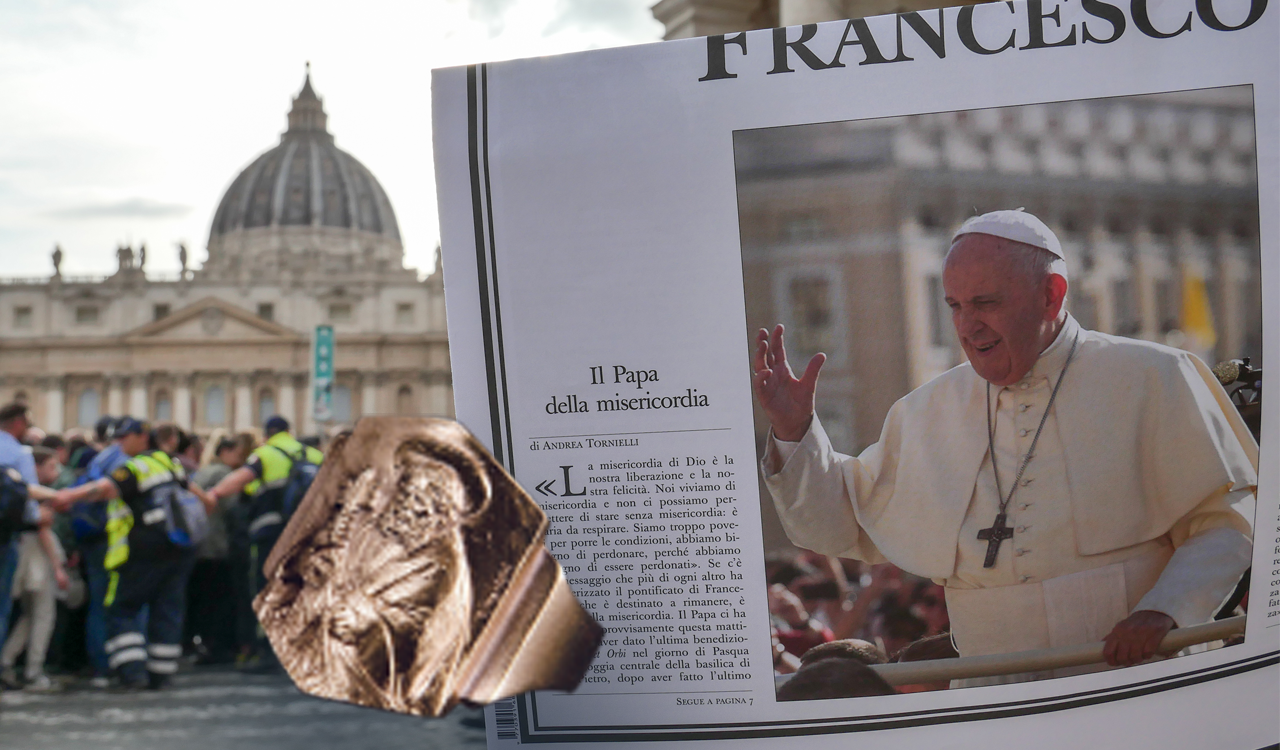






![Οι αλλαγές που υπάρχουν στα φορολογικά έντυπα για τα εισοδήματα του φορολογικού έτους 2024 από ακίνητα [Γ’ Μέρος]](https://www.ot.gr/wp-content/uploads/2025/03/akinita.jpeg)

